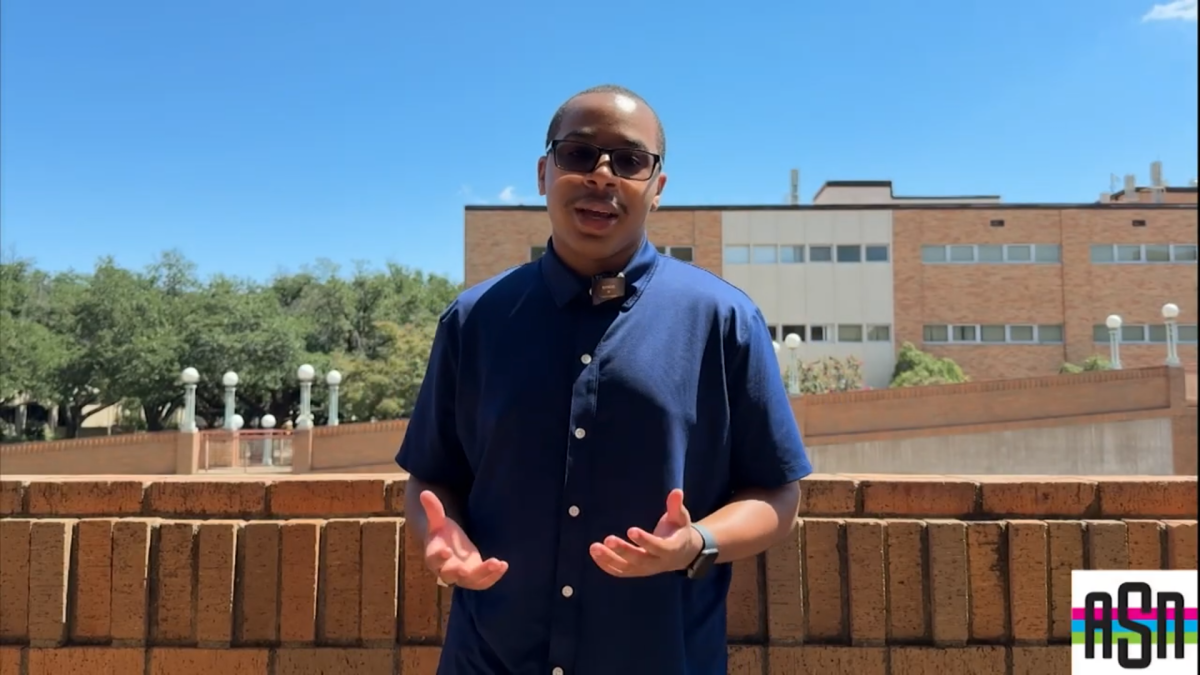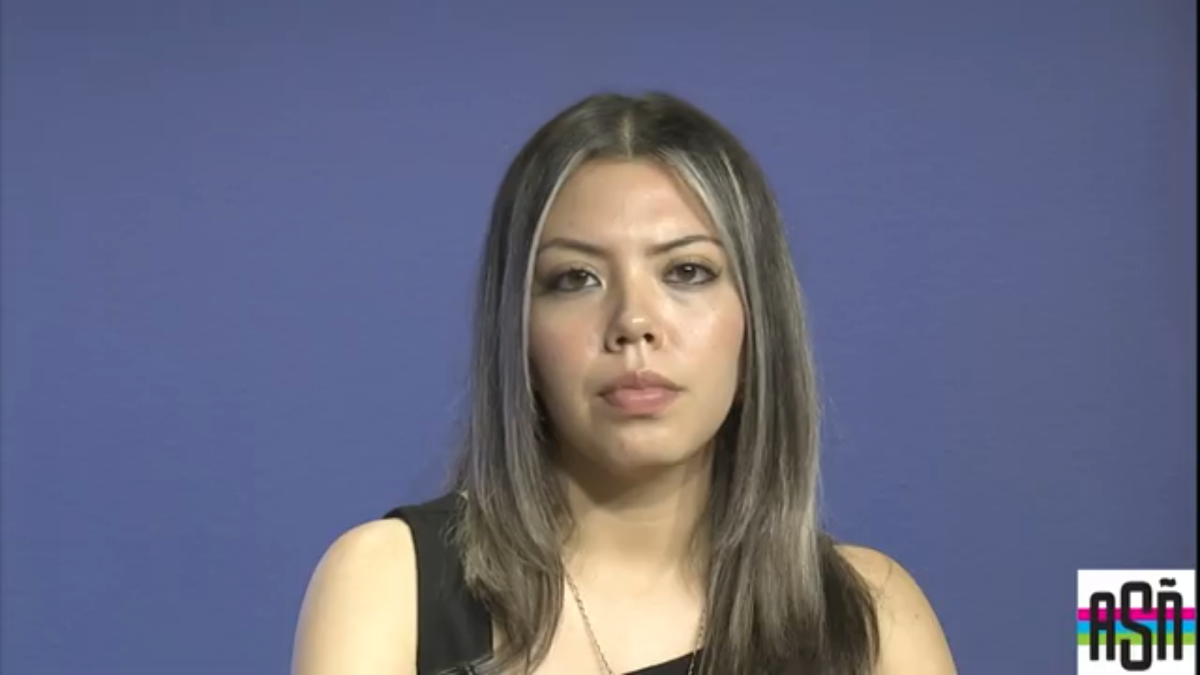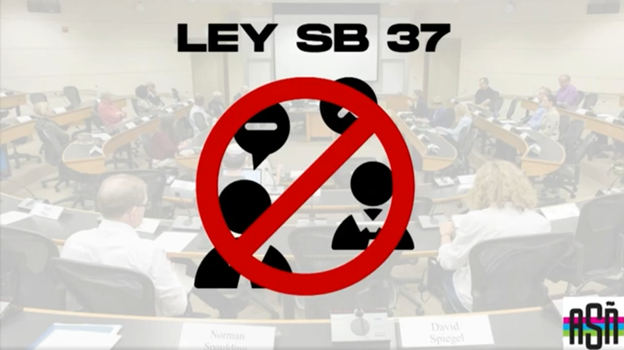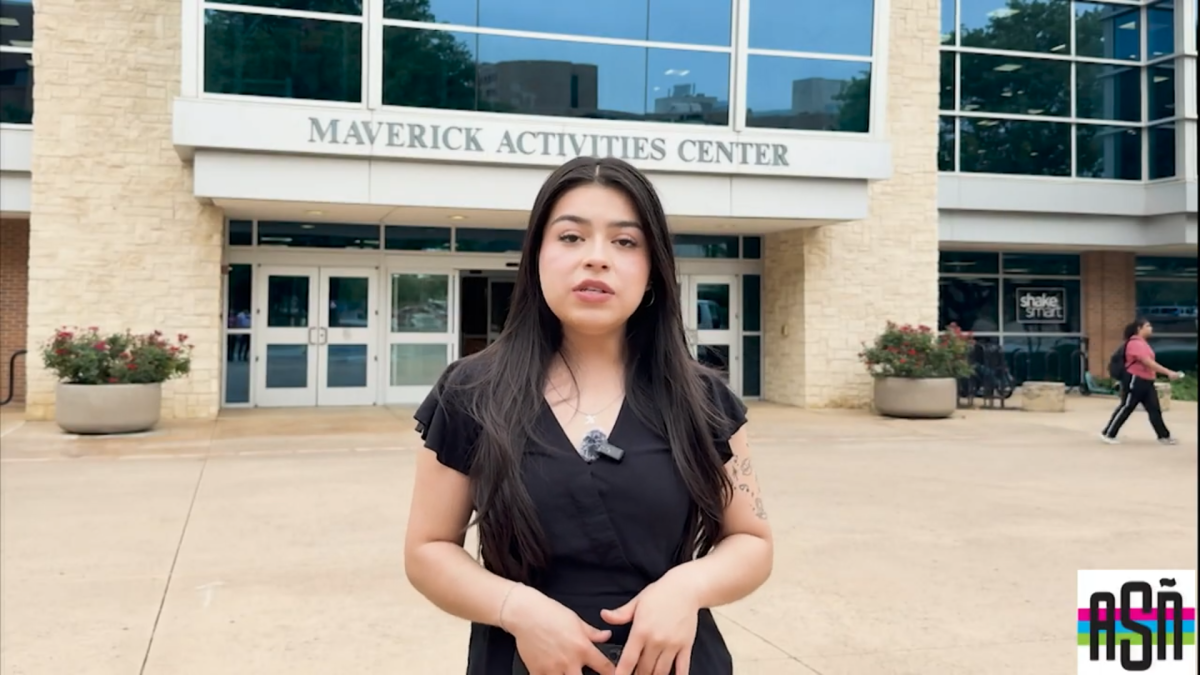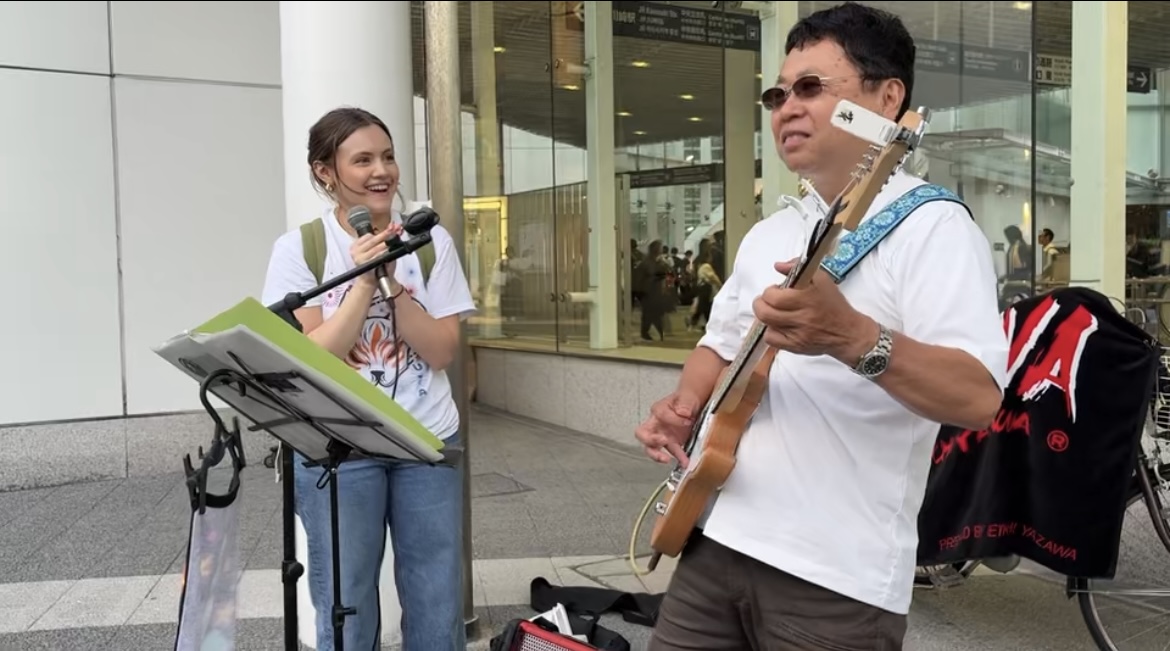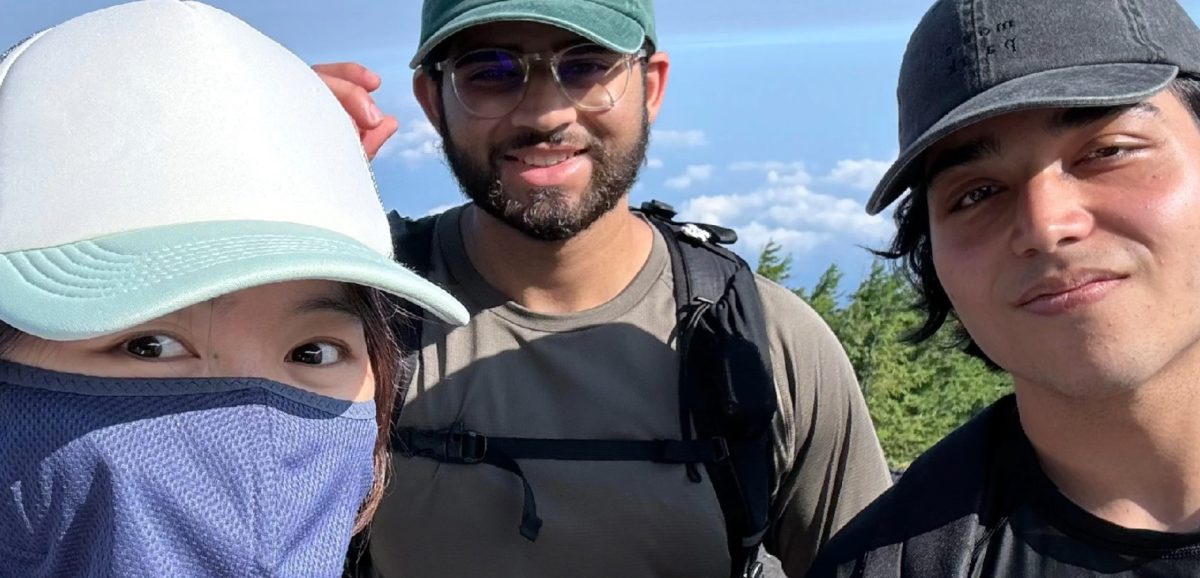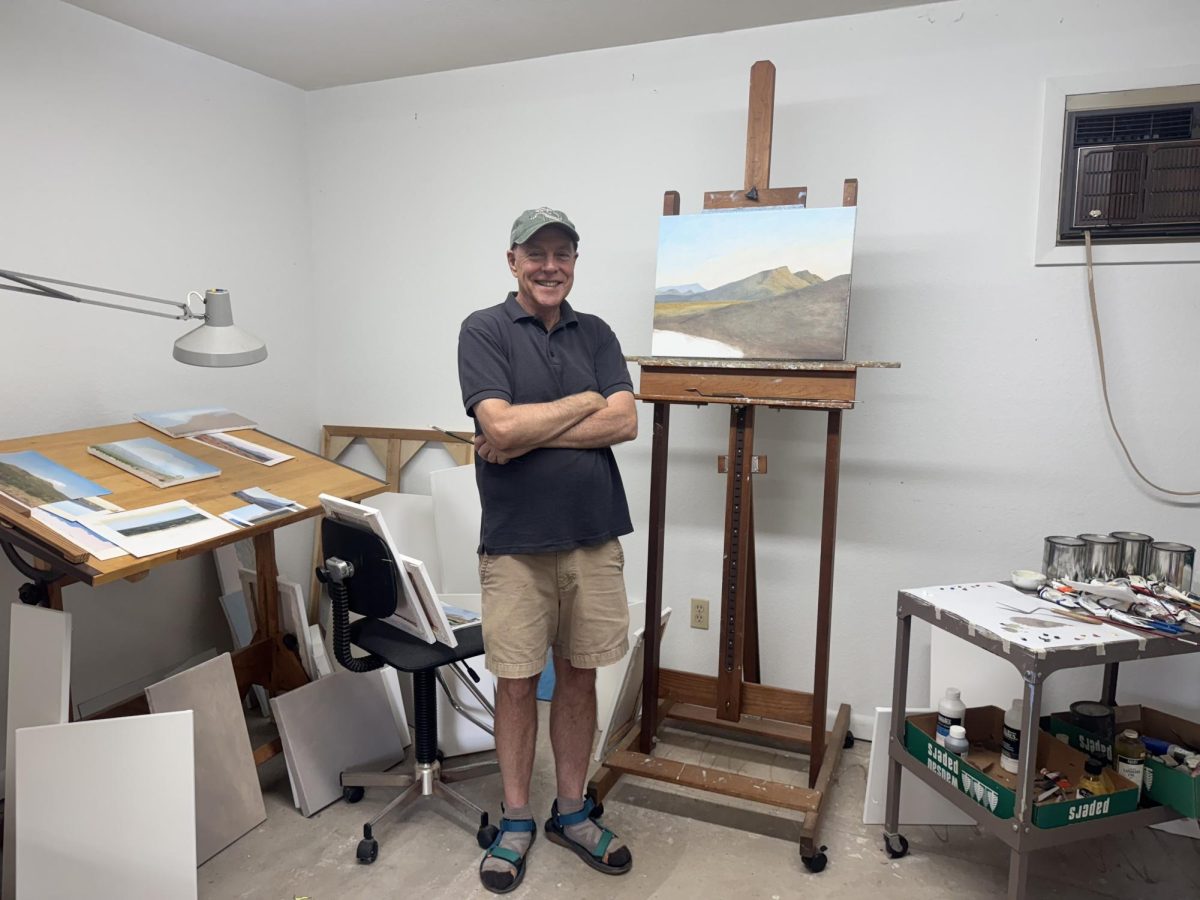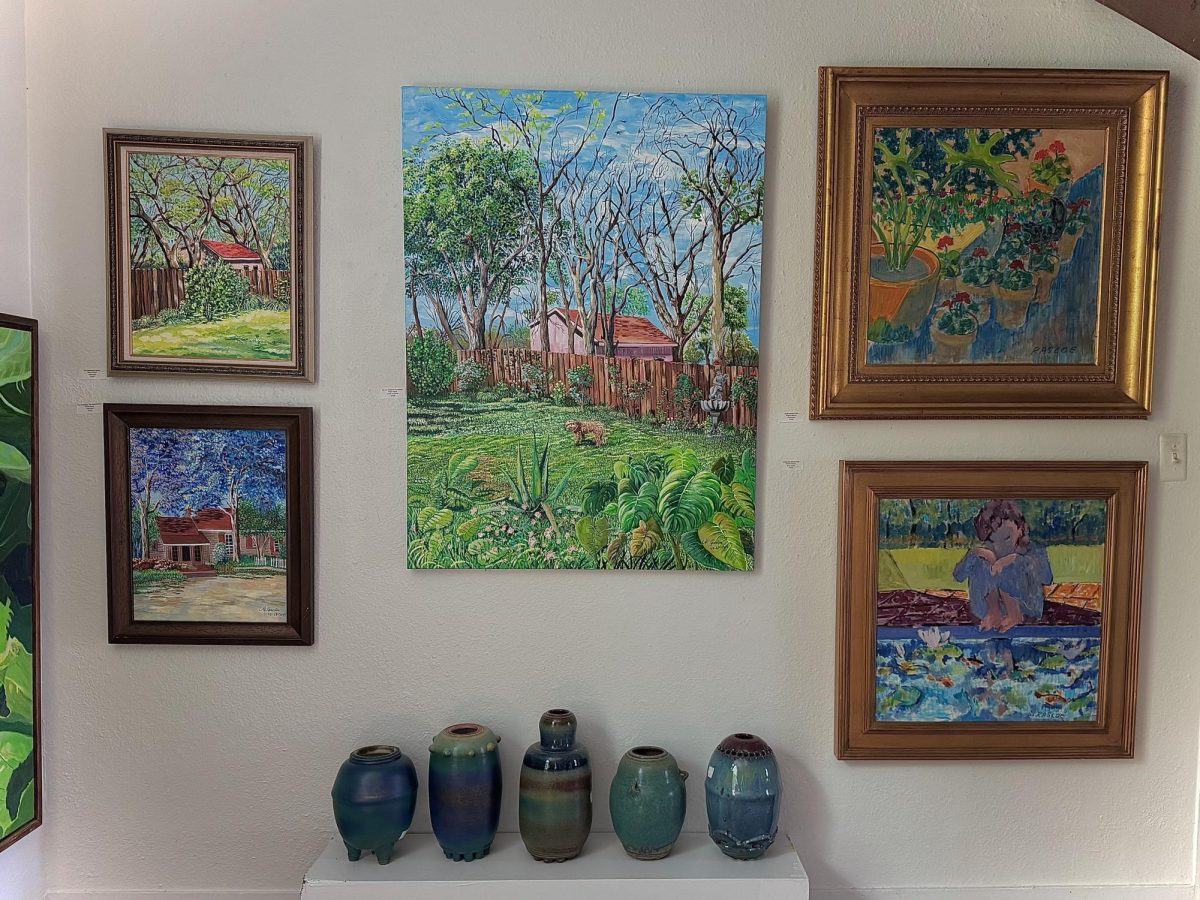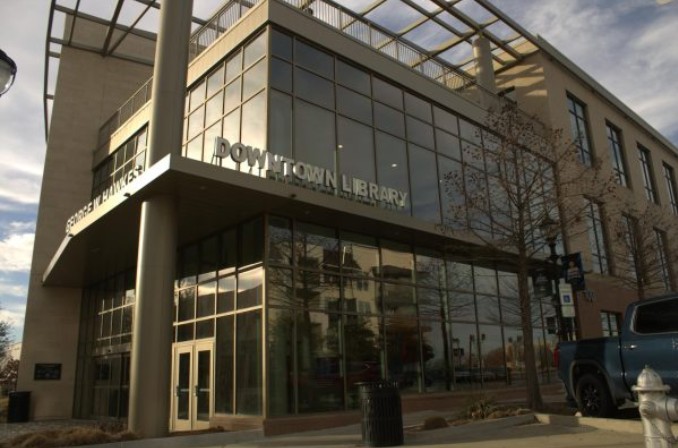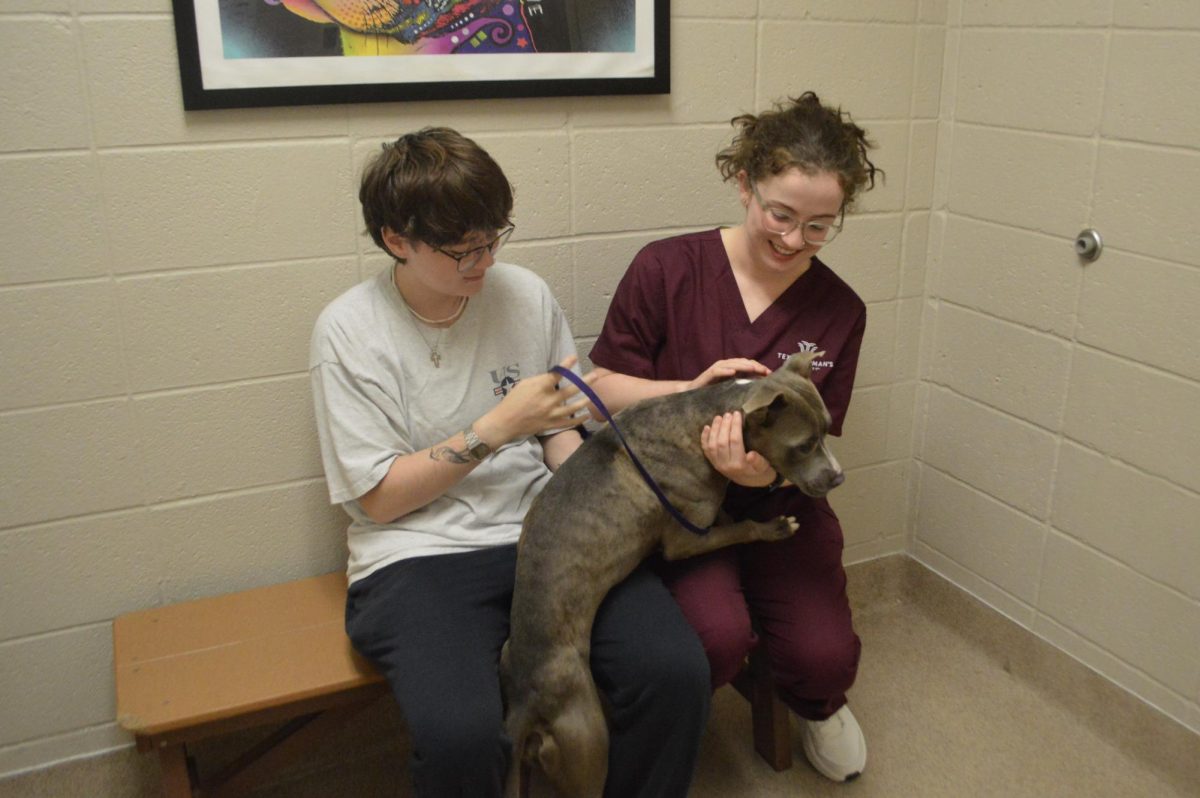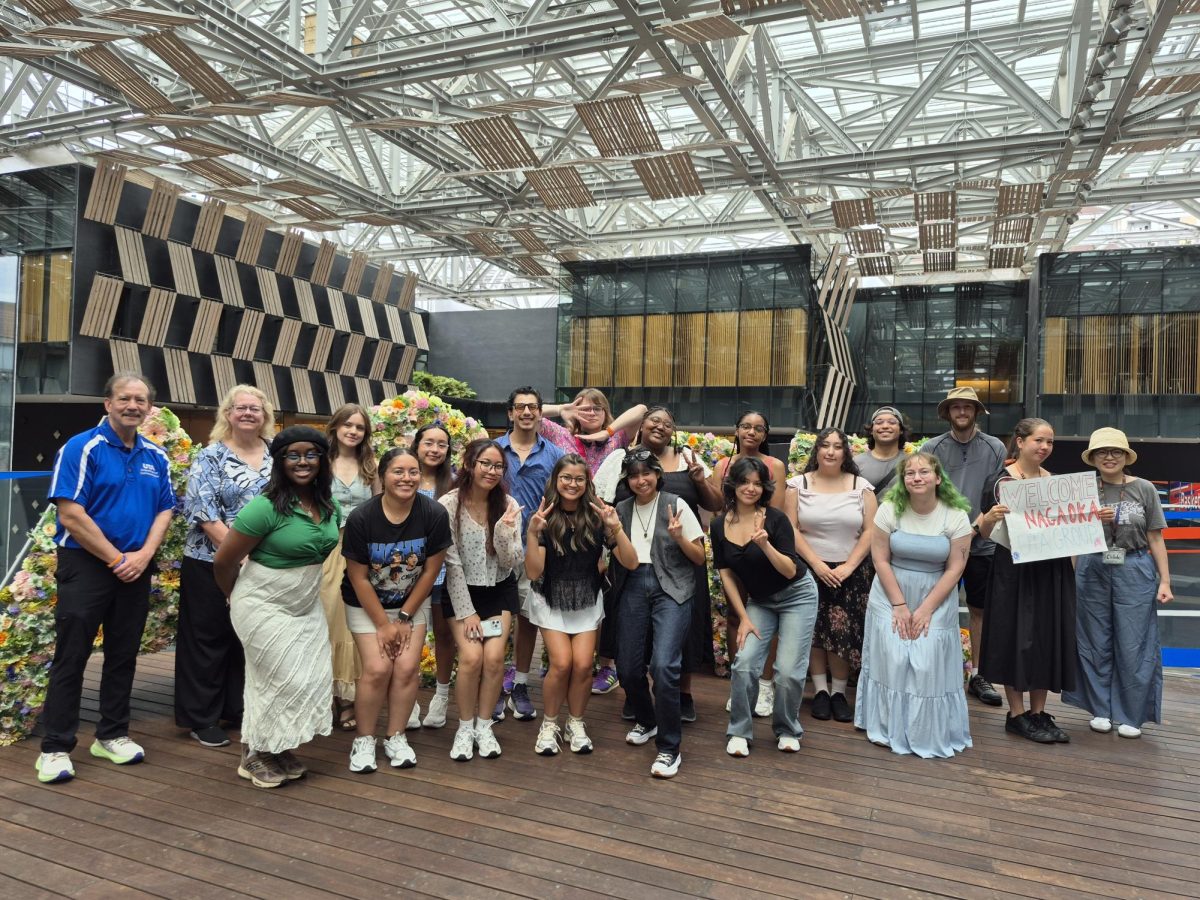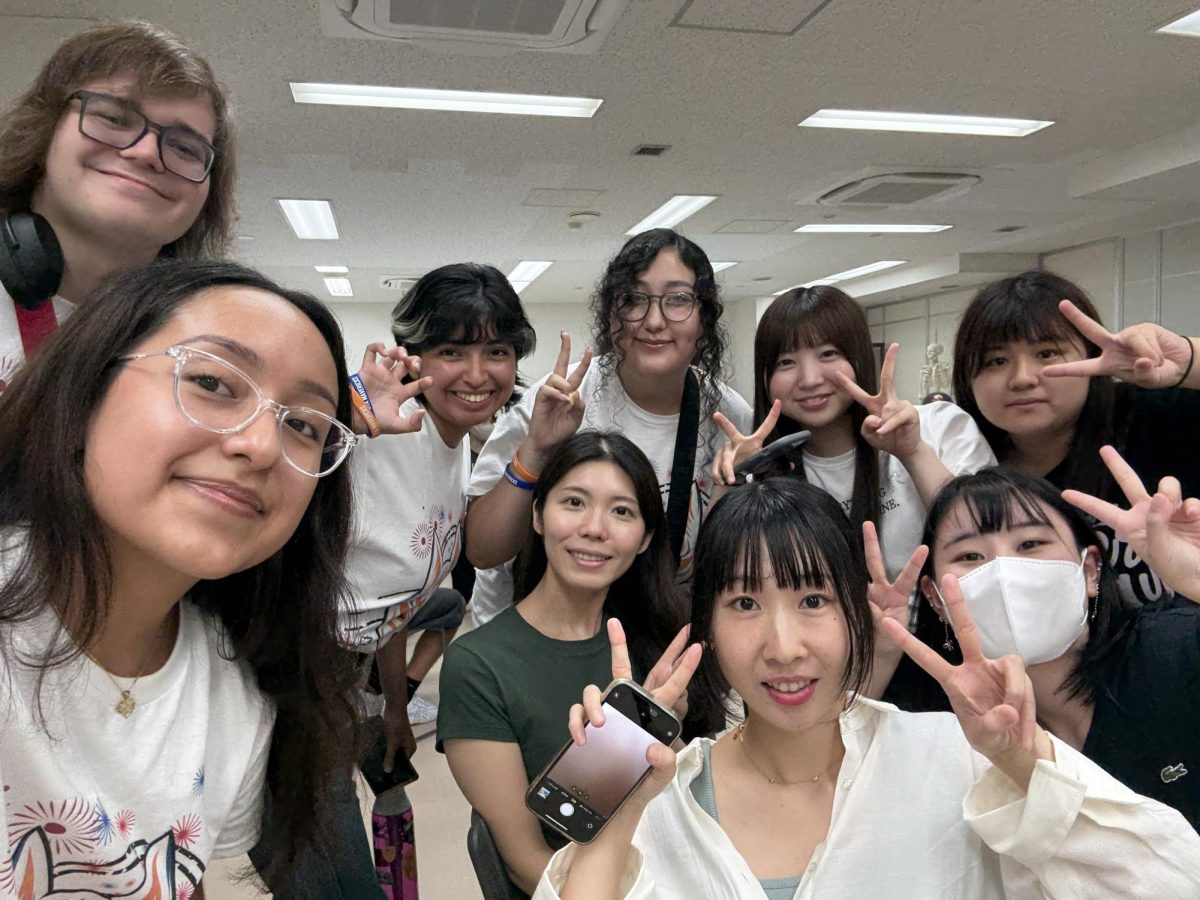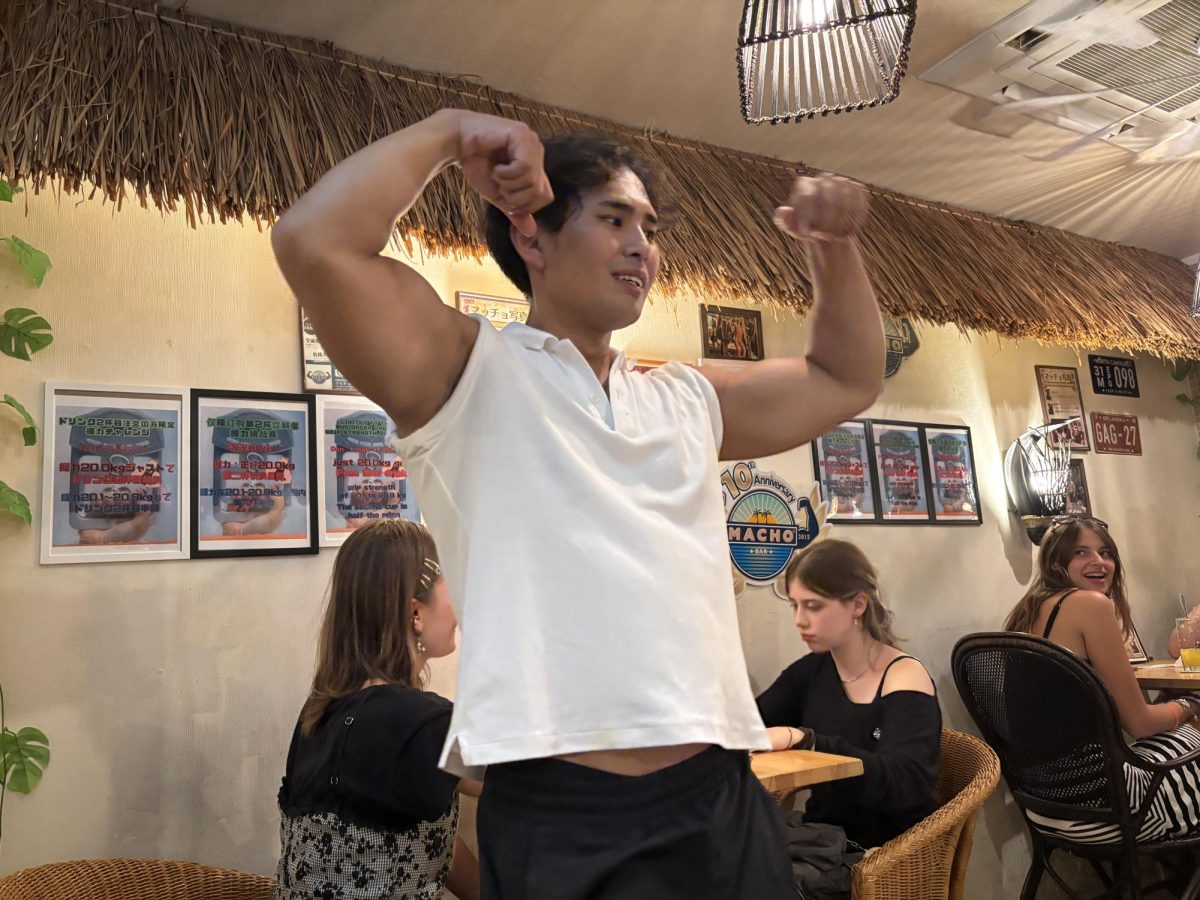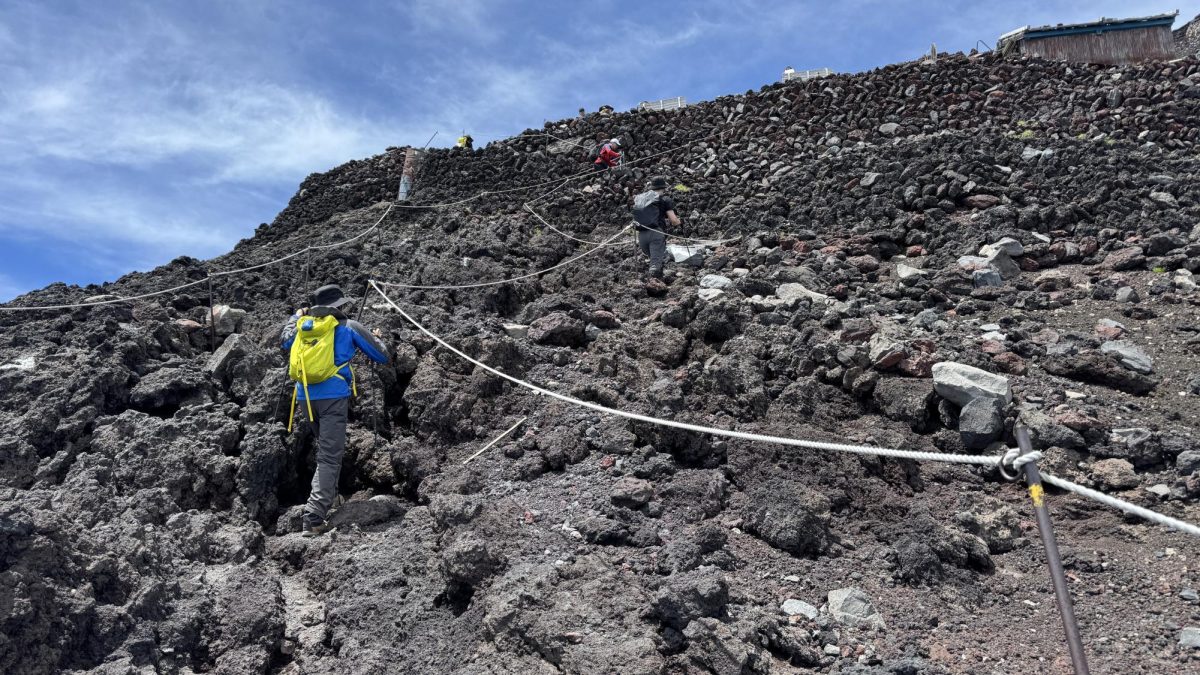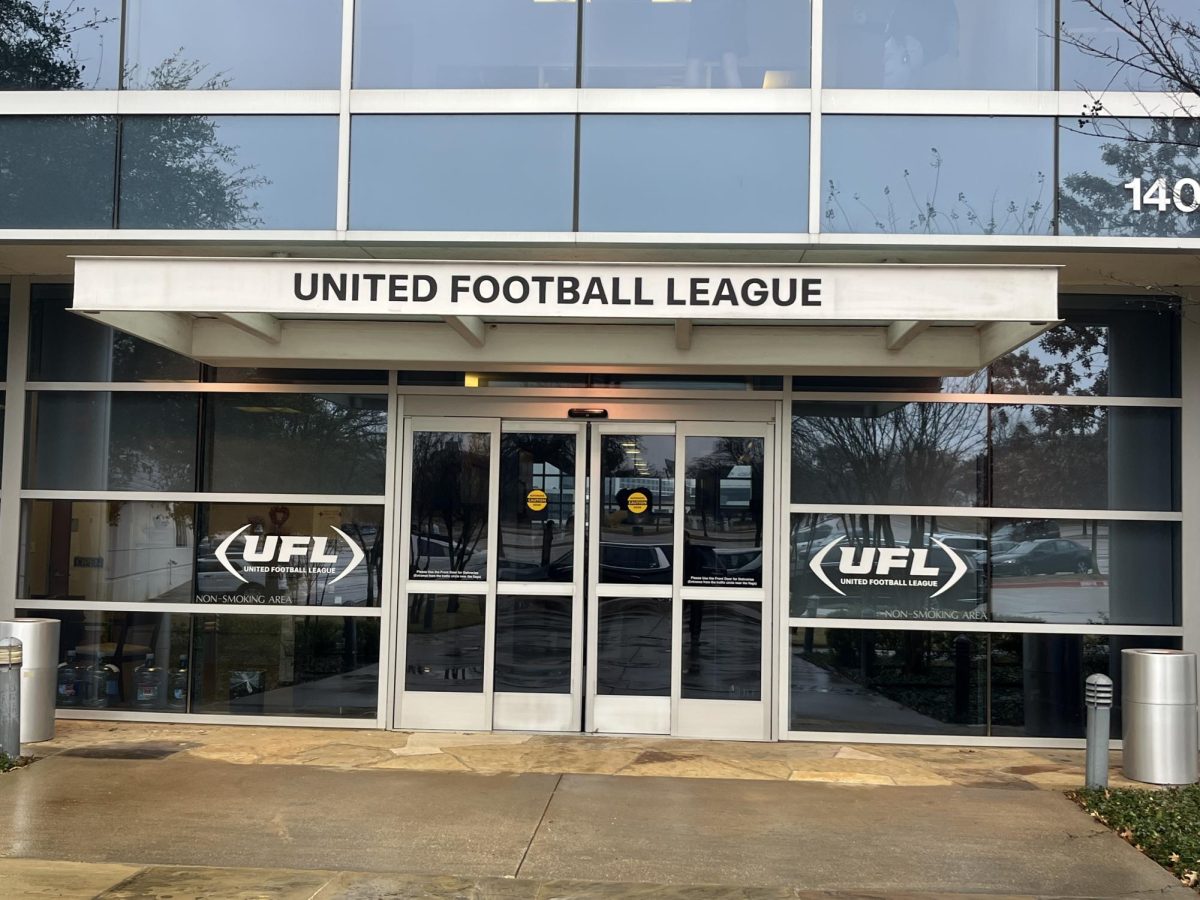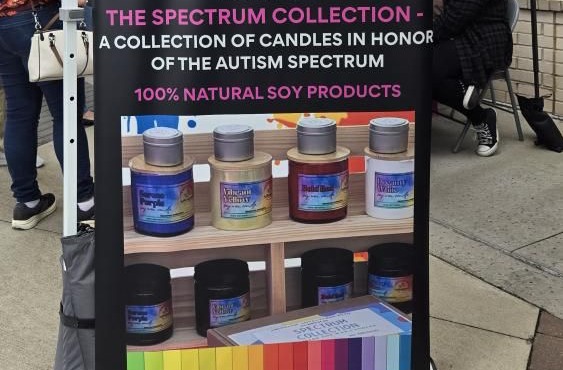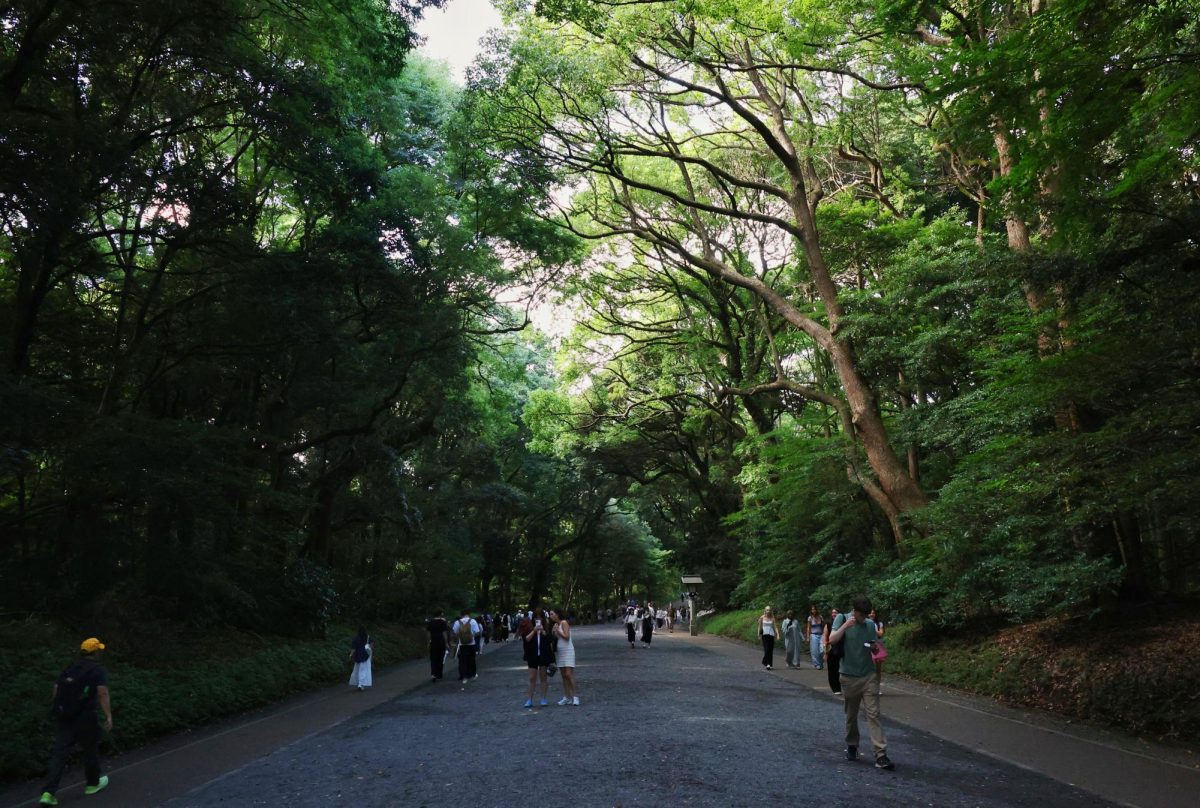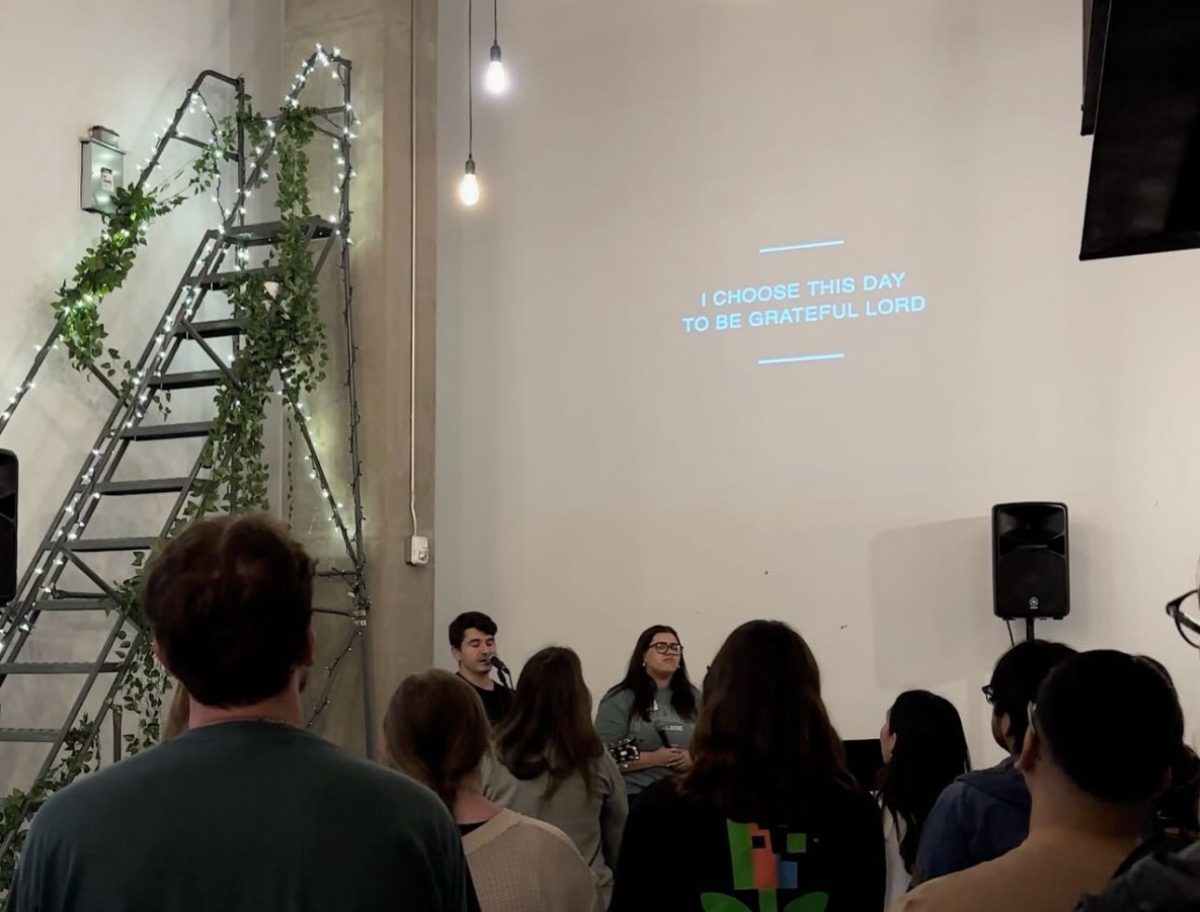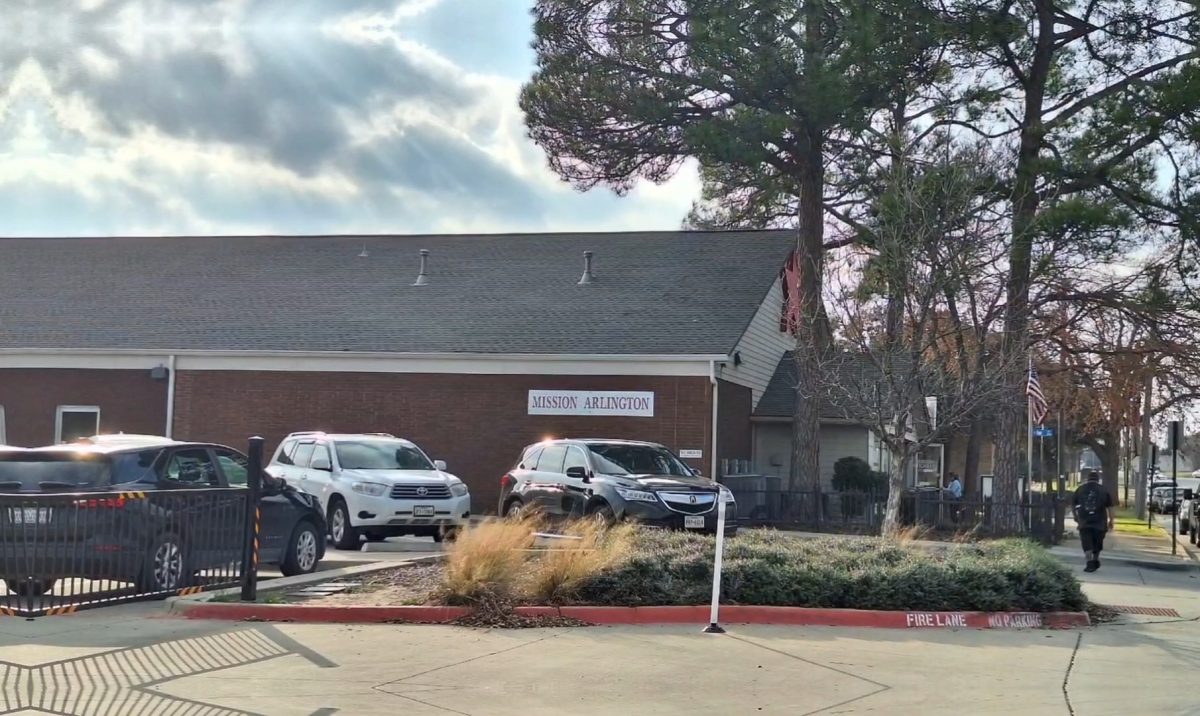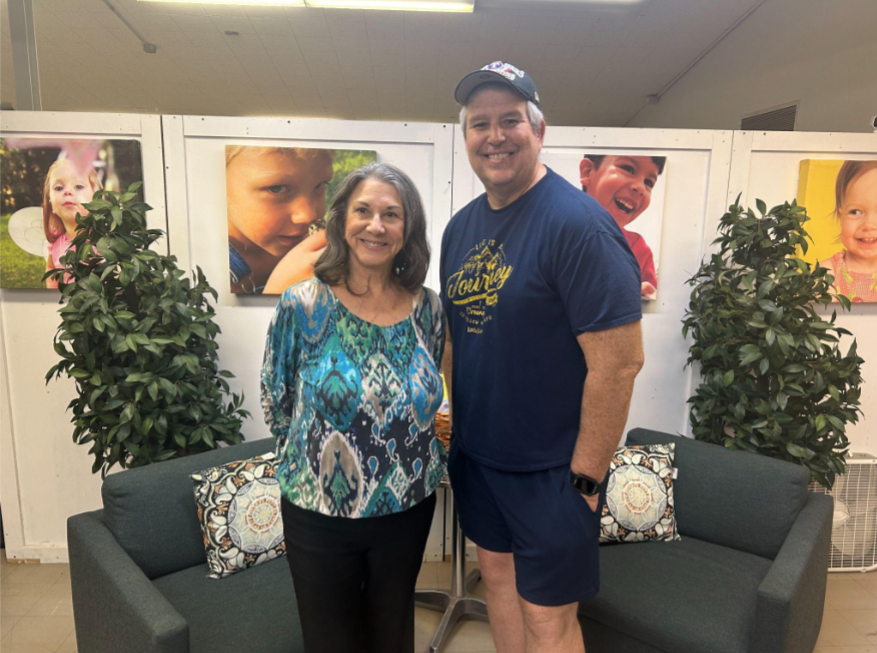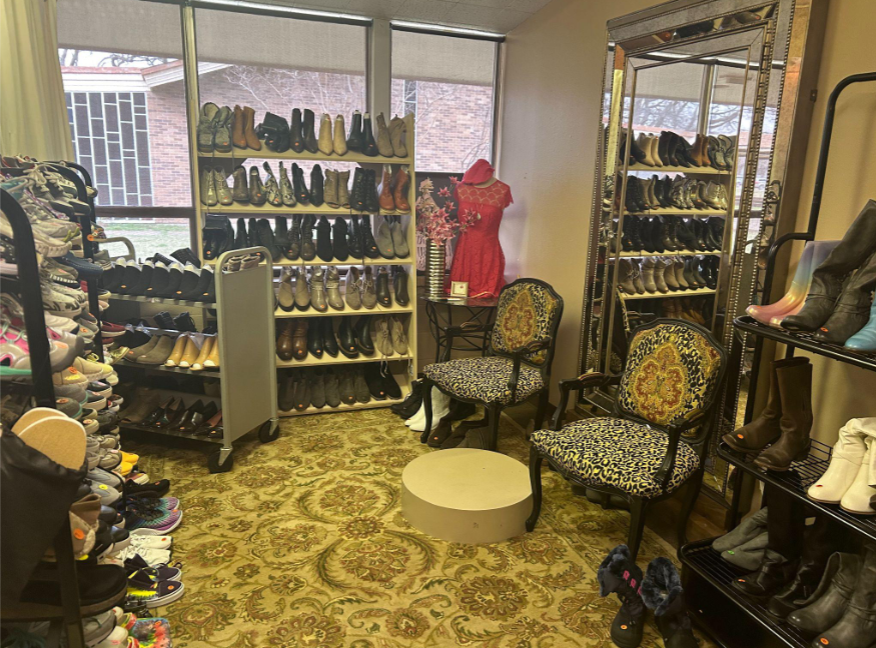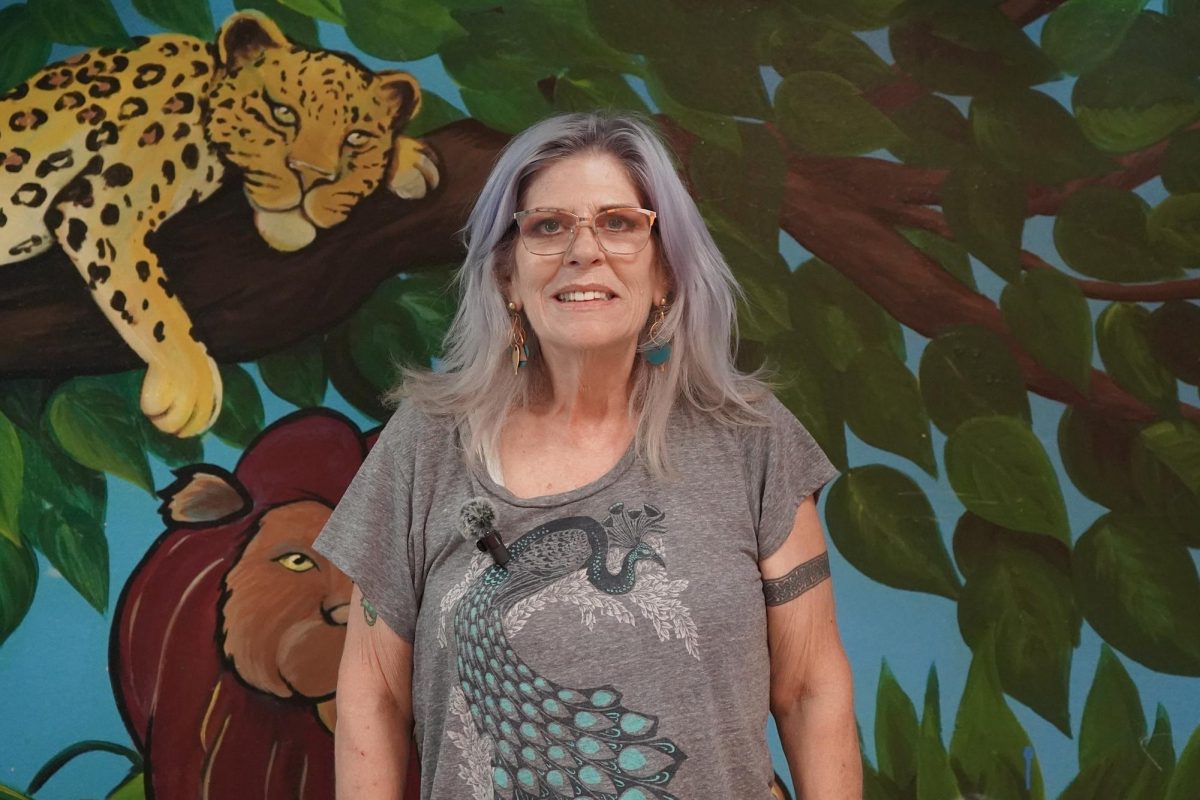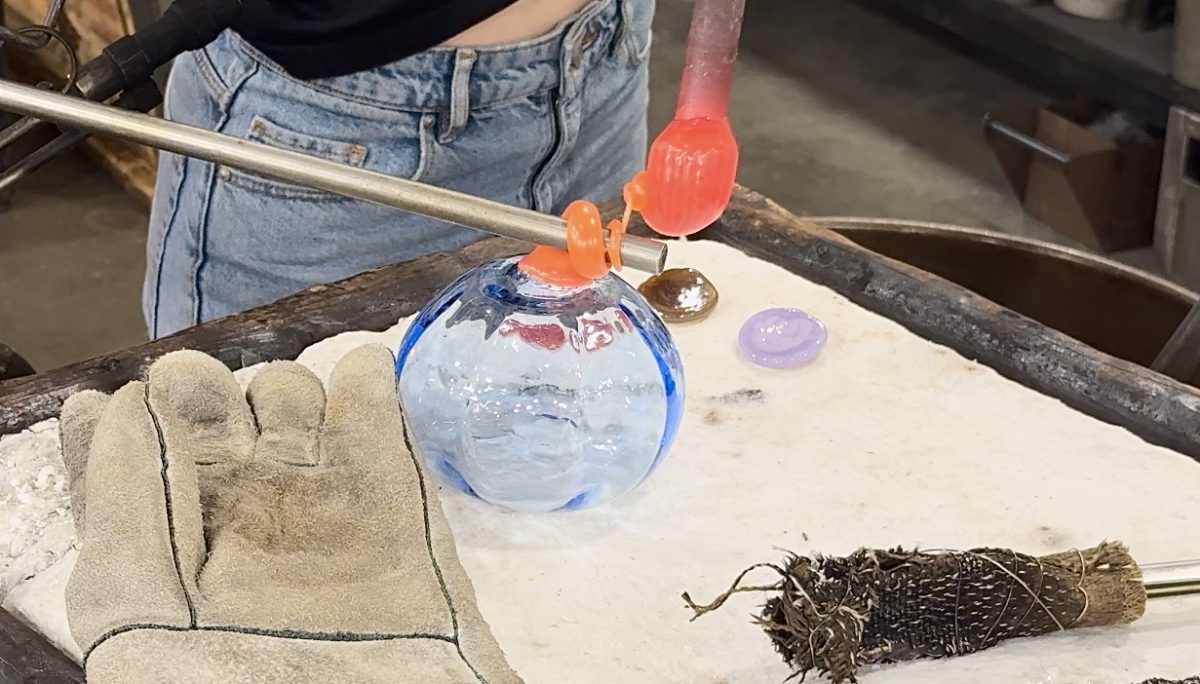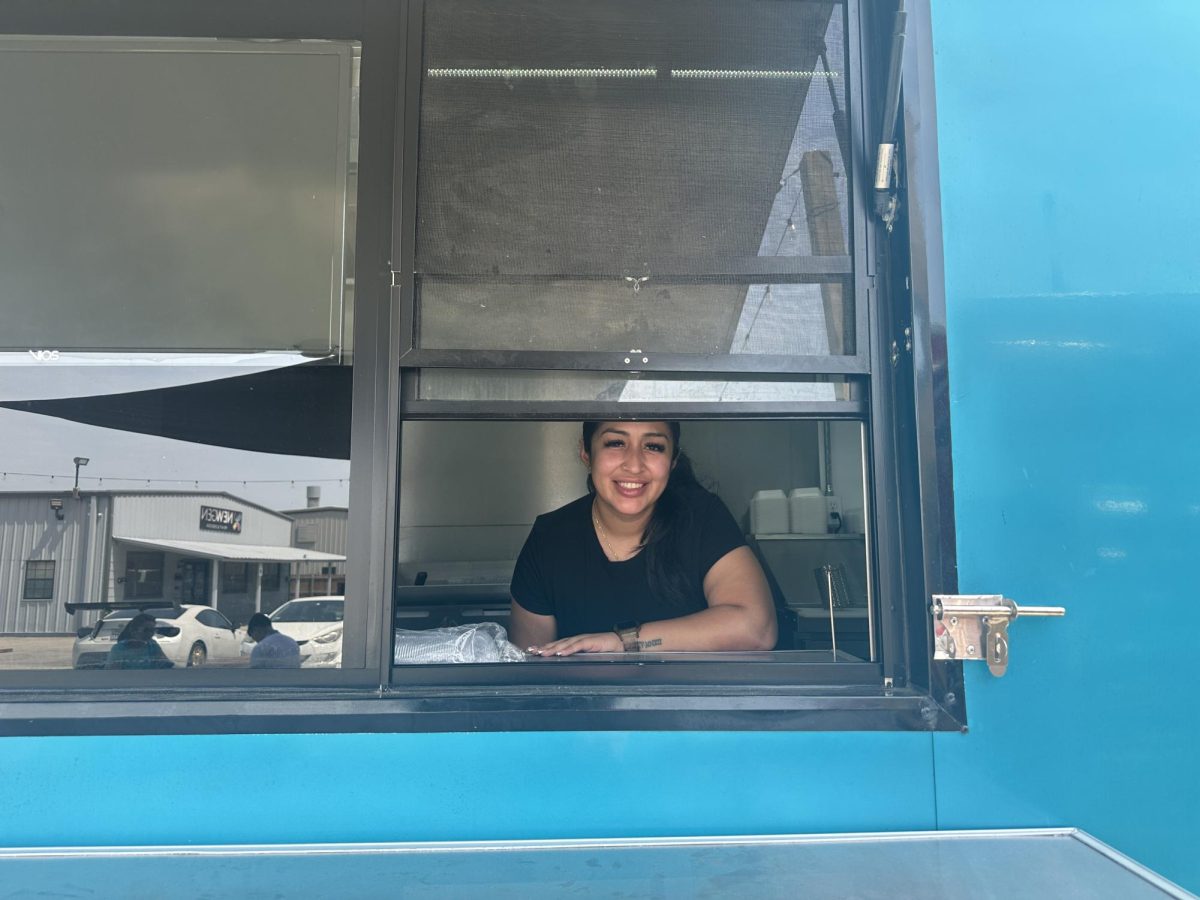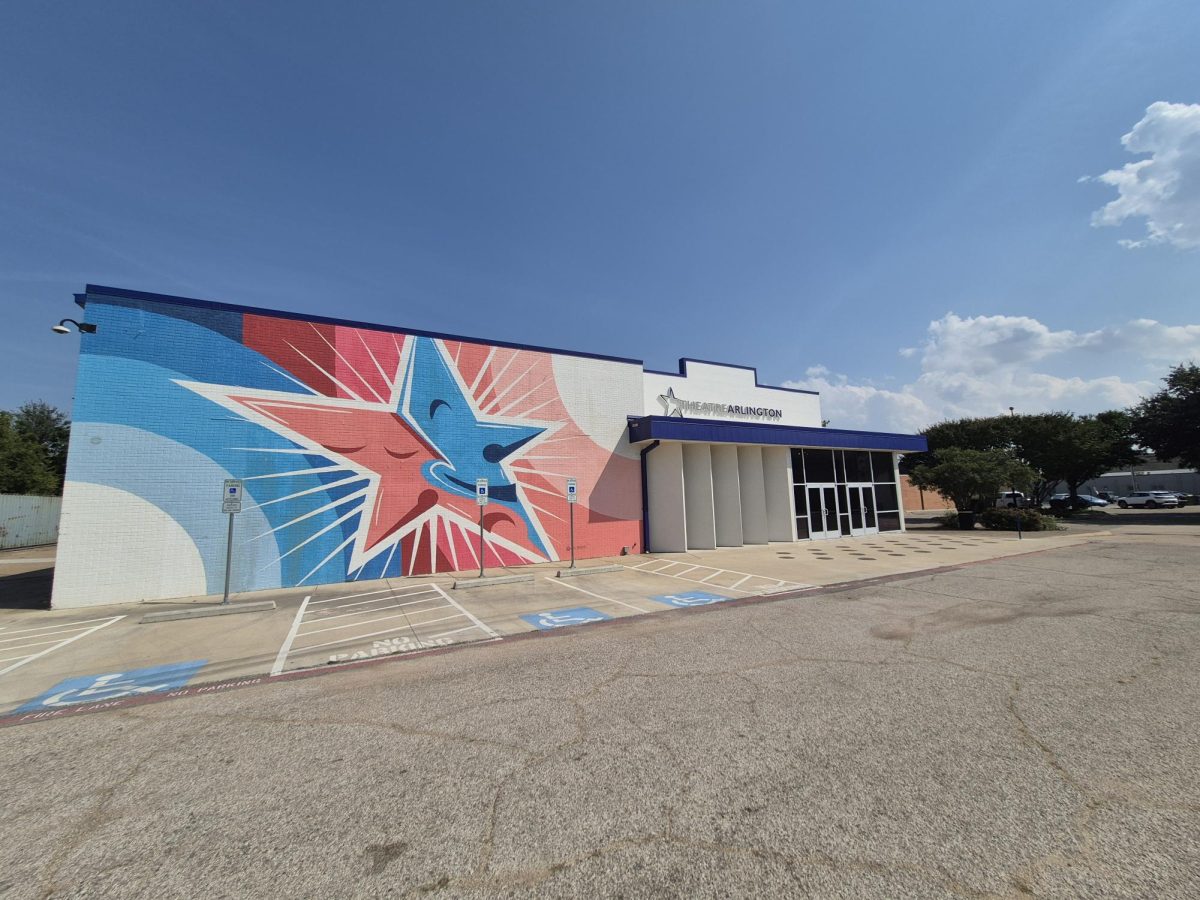ARLINGTON, Texas – Along the edges of boarded up buildings with sunken roofs lie the remnants of plastic empty drink bottles and fast food wrappers. As wind blows burned cigarette butts across the pavement, the echoing barks of dogs from behind chain link fences drift through the air.
Walking down the streets of South Dallas, one finds some of the city’s highest rates of poverty, unemployment and crime.
Beyond the curbs of overgrown grass is where Dr. Lowell Davis grew up.
In his elementary school years, Davis became part of a mentorship program to which he credits a large amount of his success and recognizes the positive impact of influential mentorships on children and teens.
“I went to school in South Dallas, so I saw a lot and was exposed to a lot,” Davis said.
‘An opportunity to do something better’
In his senior year of high school, one of Davis’ classmates was killed while walking home. He said this was a turning point for him.
“There was a life of violence or possible gangs, or an opportunity to do something better with my life, and that’s to go to college,” Davis said.
From fourth grade and on, Davis was slowly introduced to the idea of college. As he continued throughout high school, he was going on college tours, prepping for the SATs and learning about different types of art within his community.
Davis said that few students from his school would graduate and go to college. But for Davis, the mentor program proved that college was a viable option.
Throughout college, Davis kept in touch with the mentor who ran his program all those years ago. Even today he reminds himself to take the opportunity to call him when he can.
“How far-fetched of an idea that it may have been, he still encouraged you to do it,” Davis said about his mentor.
“I also had a heart to give and serve, and to try to make the environment which I grew up in better than I found it,” Davis said. “I think that’s how I found myself working in higher education.”
Today, Davis is the vice president of student affairs at the University of Texas at Arlington.
Although the mentorship program Davis was part of is no longer active today, there are a number of programs that have shown similar impact.
Providing young people with tools for success
Michelle Flores is the founder and executive director of All Things Made New. Located at 2240 W. 5th St. in Irving, the nonprofit serves any students ranging from fifth to 12th grade, including teen moms.
With one-on-one mentoring programs, small group mentoring, academic support groups and a number of other services, All Things Made New strives to provide young people with the tools they need to be successful.
“It’s about meeting them where they’re at,” Flores said. “We want them to know that they’re welcome here, we care about them, we love them and we want to see them fulfill their goals.”
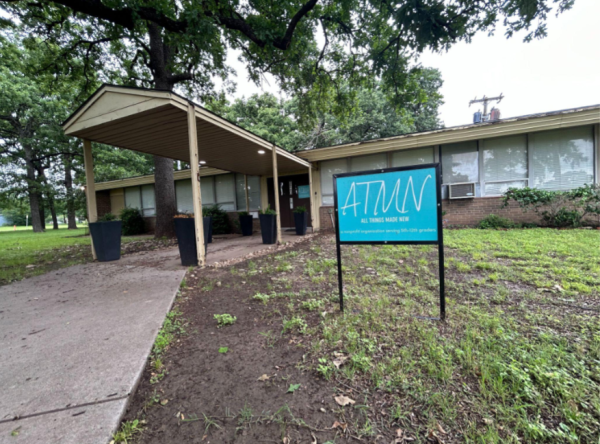
Flores was an elementary school teacher in Irving before founding the nonprofit and said she saw the need from the inside out.
“Seeing kids going into middle school and continuously losing themselves to teen pregnancy, gangs and drugs,” Flores said. “It just broke my heart again and again.”
She decided to quit teaching in 2012 and start All Things Made New.
The program started with 25 middle school girls who met at a city park once a month.
They would do community service together, have conversations about friendships, relationships and engage in other fun things together. Flores said the goal was to show them the world is bigger than they thought it was.
From those 25 girls, the program has flourished and today is open to serve all high school students, teen parents. All Things Made New even has a program targeted toward parents of youths. The parents’ program offers classes that help parents understand how different mental health can look in youth and the signs to look out for.
All Things Made New is part of an alliance with two other non profits, The Main Place and Crisis Ministries.
Helping homeless children
Sharon Johnston is the founder and executive director of The Main Place. After hearing about the number of homeless children within her own child’s school, Johnston knew something needed to be done and immediately set into action.
In 2006, Johnston set out on a mission to get hundreds of shoes and unisex clothing to aid the unhoused students.
“We’re dealing with unaccompanied youth,” Johnston said. “They are going to school against all odds. There is no parent there to tell them to go to bed, get up for school or let me see your homework.”
What started with a mission to help students living through hardships, The Main Place now has a vision for the jobless, those experiencing domestic abuse and teens experiencing homelessness.
Located at 2236 W. 5th St. in Irving, right next to All Things Made New, The Main Place can provide new clothing, personal items, and home essentials for teens, families and individuals looking for help.
“It’s all about protecting, preparing and positioning them for their life,” Johnston said.
All clients of the program must receive a referral before receiving assistance. This referral can be from a school counselor, churches within the area, case workers or emergency management.
From there, a client will get a one-on-one appointment with an employee who will take them on their very own personal shopping experience.
What used to be classrooms of an old school building are now set up like a shopping mall for those who have specific needs.
Site director Joe Longoria has officially been with the organization since 2023, though he had been volunteering before that.
Longoria likes to stay on top of what the needs are of different age groups that benefit from the organization.
“We will have teens from All Things Made New come over and tell us if these are things they would wear or if something is missing that teens like,” Longoria said.
‘One-on-one experience changes them’
From there, they know what they need to take away or what they need more of from donations.
“The one-on-one experience changes them,” Johnston said. “They would walk in with their head down and a limp handshake and they leave feeling confident after feeling seen and heard.”
These are two impactful programs that aim to prepare youth for a brighter future ahead.
There are many others in the Dallas-Fort Worth area that strive for similar things.
Will Pugh is the president of Mentoring Brother 2 Brother, a program for Black youth who are being raised by single women.
Pugh said he believes that what makes this program different from others is how involved mentors are with the youths.
“We try to be extremely hands on,” Pugh said. “We are able to provide balance, advice, or what have you, to them and the parents, for them to improve and have a more fulfilling life.”
Building partnerships
Mentoring Brother 2 Brother works with both the guardian, usually the mom, and the child from the beginning of their time with the program. Pugh said that the program is a partnership between the parent, organization and the child.
It’s a partnership that is completely free of charge, so parents are expected to be involved with the program when they can. This involvement can include everything from party planning, organizing events or just being there with their children.
Program enrollment opens in June for boys entering at least fifth grade. After submitting an application, Pugh’s group conducts an interview. This ensures that mentors understand the expectations of parents, parents understand the mentor’s expectations and that the program is something the youth is interested in.
Once youths are in the program, they can remain part of it until they graduate from high school.
Program mentors are volunteers from many different backgrounds, meaning they have other responsibilities outside of their allocated time. Because of this, and the growing stack of applications every June, mentors are a growing need, Pugh said.
Since 2018, Pugh has focused on helping the organization grow by increasing the activities offered for the youths and expanding the program. Consistent community outreach through schools or other organizations and mental health are the two largest things on his mind.
“Kids are under extreme stress,” Pugh said. “They’re kids and don’t know how to deal with that. We want to expand our program on mental health resources, and we have to be consistent so they expect us to come and teach.”

